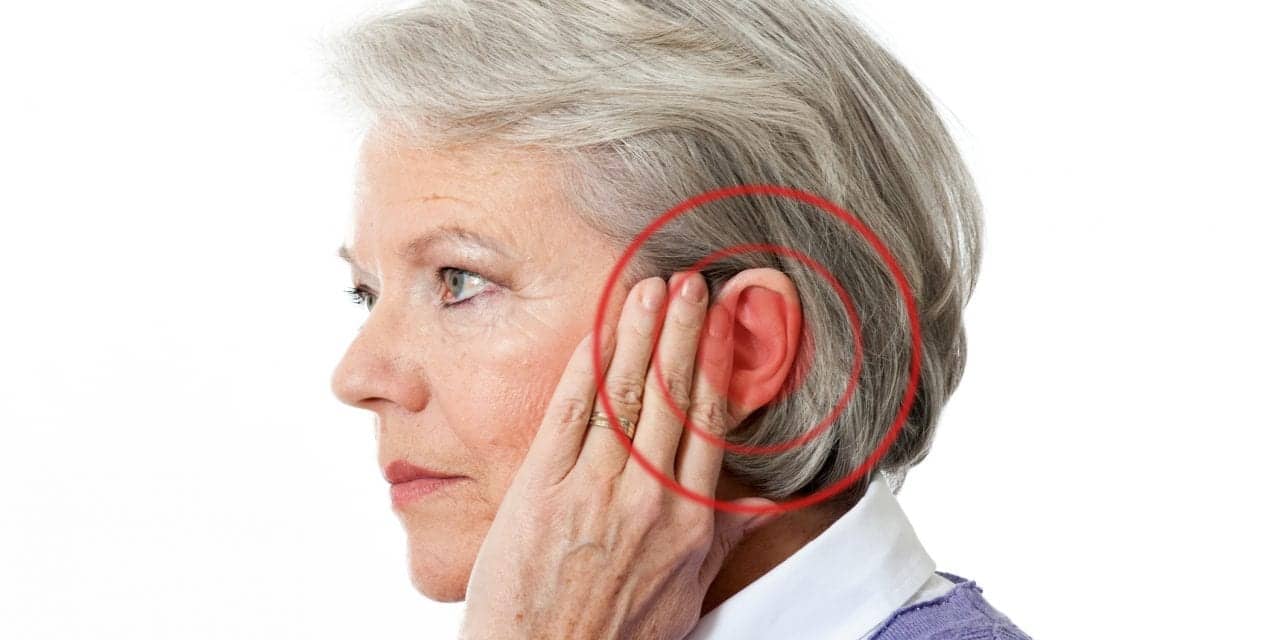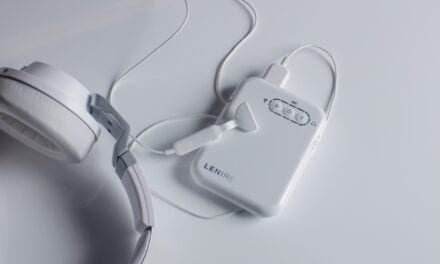By Helen Massy, Freelance Journalist and Content Writer
If you’re reading Living Well With Tinnitus: A Self-Help Guide Using Cognitive Behavioural Therapy, you’ve likely heard of tinnitus. Perhaps you have this condition or know someone that does. It’s an unwanted auditory intruder that affects many people’s lives.
According to the British Tinnitus Association, around 30% of people experience tinnitus, with 13% (1 in 8) having persistent tinnitus. For such a common condition, many people do not understand the impact it can have.
On first reading this book by Dr Hashir Aazh and Professor Brian CJ Moore, what strikes me is the personal quotes about what it feels like to experience tinnitus. The best way to explain it is to share a quote with you:
It’s like being under the worst tension I can possibly be under. As I said to the psychiatrist, if somebody told me to rip your head off, Hashir, to stop this agony, I would consider it, even though we are friends. I like you, but this is not a good place to be. Since half-past four in the morning, I have had no sleep, and this has been going on since last Friday. The noise in my head is the worst it can get. Put me in a war zone. I will fight everyone in sight, including my own comrades! Please stop it. This is too intense.
The book Living Well With Tinnitus: A Self-Help Guide Using Cognitive Behavioural Therapy does not just open up a discussion about an under-discussed medical condition. It does much more than that. It delves into the reality of living with tinnitus. And most importantly, it provides a 10-step self-management guide to living well with this condition that so many find distressing. Let’s dive into the book a little further and learn more about the motivation and science behind it.
Why a Book About Tinnitus?
The authors designed this book to be used by those who are experiencing distressing tinnitus. It is mainly for patients – a self-help tool. But it is equally helpful for clinicians.
“Most of the materials presented here are original and have not been covered in most audiology or psychology university courses in the past, so the book can also be useful for clinicians,” said Aazh.
For some people, tinnitus can cause a lot of difficulties. Let’s take another impactful quote from the book:
I do not get any enjoyment or satisfaction from life. I feel that I am not a nice person. I am good for nothing. That’s how tinnitus makes me feel.
Imagine feeling like that, but not receiving any medical help for the condition that is causing the distress.
“Evidence-based specialized therapy and support for tinnitus patients is not widely available in the UK National Health Service,” said Moore. “Very few audiology departments have any program for dealing with or treating tinnitus. Most people are left without any help at all. There are very large numbers of people with distressing tinnitus who are not getting the help they need. This book is a way of reaching those people and giving them a chance to self treat this condition.”
Our usual instinctive ways of dealing with things may not work in coping with tinnitus, said Aazh. This book aims to teach people a systematic and evidence-based Cognitive Behavioral Therapy (CBT) approach to dealing with tinnitus.
“We learned a lot from clinical encounters with our patients. It was only through supporting them and reflecting on their feedback that we could develop techniques and strategies to help people manage and recover from tinnitus distress. Our main motivation for writing this book was to give something back,” said Aazh.
What’s interesting about this book is that there is an underlying theme of poetry, classic literature, and culture throughout. Something you don’t expect when you pick up a book about a medical condition. What have these literary undertones got to do with tinnitus?
CBT relies on the individual’s ability to learn different ways of thinking. Research studies have shown the use of metaphors can promote the learning process during CBT. The book refers to old philosophers such as Aristotle and Dante Alighieri, and Moore explains that this illustrates that the basic concepts of CBT have been around for a long time.
“The references to real-life stories, such as the boxing match between Muhammad Ali and George Foreman, give people concrete examples of how the way you think about things influences how you behave and how much you are bothered by things,” said Moore. “We used these real-life analogies to help people understand the ideas behind CBT and make the theories relatable.”
“However, many metaphors that we used in this book are different from those used in other books in this genre. Although we remained consistent with CBT principles, we offered a special version of it. It is like an orchestra that is led by different conductors,” said Aazh.
It’s a surprising twist to a very clinical and factual book that helps make it more relatable to the reader.
Aazh and Moore are two of the most respected names in the field of tinnitus management, experimental psychology, and hearing disorders. So although this book adopts the methods of CBT, it offers new metaphors, procedures, and concepts that extend the scope of this psychological treatment. Although not widely available, certain NHS hospitals offer some forms of tinnitus-focused CBT. And patients can also use internet CBT. For the people who find themselves unable to access or afford CBT for tinnitus, Aazh and Moore have created an easy-to-read, evidence-based CBT program in this 10-step self-management guide.
In addition, the book delves into the power of positive psychology to generate optimism, which is important for improving mental health. Aazh explains that positive psychology is not a usual component of CBT but is very relevant to learning how to live well with tinnitus.
Moore adds that positive psychology is an extra component that can boost the effectiveness of CBT. It can create realistic optimism, which is an essential element in the coping process. “It’s a useful addition that can strengthen and have synergistic effects with CBT.”
“We have been using some of the strategies taken from positive psychology in our clinics to help patients develop willingness to live a satisfying life even with tinnitus,” Aazh discussed. “Many of our patients said that positive psychology exercises complement the CBT skills that they have learned during the therapy. The use of positive psychology concepts in combination with CBT for tinnitus management is another novel method that we have introduced in this book for the first time.”
Living Well With Tinnitus is a practical self-help book based on years of clinical experience and science. Although it may feel like there is no treatment for tinnitus, many things can be done to manage this condition.
Moore said that he hopes the people who work through the book and follow the steps will significantly improve their ability to deal with their tinnitus. “They won’t be distressed by it, bothered by it, and it won’t disrupt their daily lives as much as it did before,” he said. “Although the success of therapy depends on many factors, and it may not be quite as successful as in-person therapy, we hope it will be effective for most people — helping them lead a happier and more fulfilling life.”
“Many people have benefited from CBT either based on our clinical experience or the results from independent clinical trials worldwide. So, if people can motivate themselves and spend time learning and practicing the techniques that are discussed in this book, it is likely that they will benefit from these methods too,” said Aazh.
If you are struggling with tinnitus, it is important to seek professional help and learn about various management strategies. To take a positive step towards managing your tinnitus symptoms — here is where you can find the book Living Well With Tinnitus: A Self-Help Guide Using Cognitive Behavioural Therapy.
A book signing event and tinnitus seminar for the public is organized for November 14, 2022 in Guildford G Live. The ticket price includes a copy of the book, which you will collect when you check in to the venue. Or you can purchase a ticket without the book.
The book will be released in October 2022 ,but you can pre-order via: https://www.amazon.co.uk/Living-Well-Tinnitus-self-help-behavioural/dp/1472147421/ref=sr_1_1?crid=33E7MKBTXCKH3&keywords=living+well+with+tinnitus&qid=1653465893&sprefix=living+well+with+tinnitus%2Caps%2C56&sr=8-1






